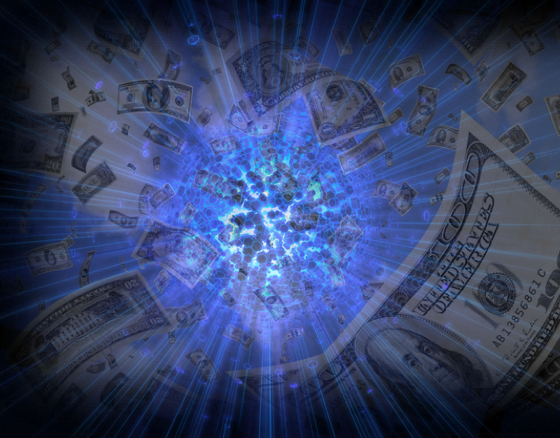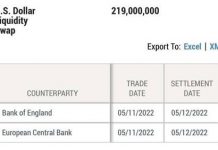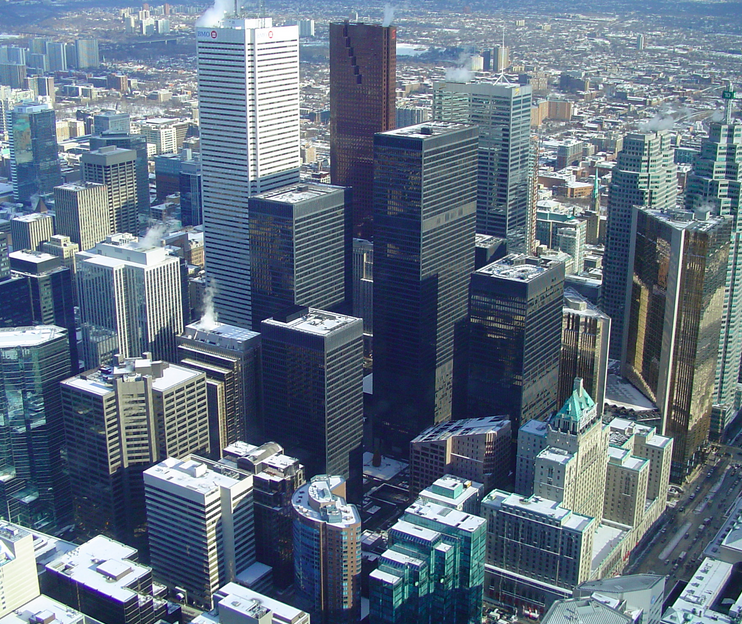The Cashless Society. Were not talking about the poor, long-term unemployed individual who holds up a sign at an intersection reading Will Work for Food; rather the reference is to the economy envisioned by 20th-century futurists, which, despite noble efforts to advance, has until now lost the battle to the buck, or the yen or any other paper currencies in circulation. However, recent developments in chip-and-pin technology may be changing all of that as pocket change comes to be replaced by proximity cards and smartphone apps.
Snack With Octopus
Since 1997, residents of Hong Kong have been carrying around a chip-laden smartcard to pay for fares on public transportation. Known as Octopus, the cards are read by special electronic fare readers in a fraction of a second. It is estimated that about 95 percent of the teenage-to-65 age group in Hong Kong makes use of the Octopus, daily racking up an estimated 18 million dollars in per-day purchases. Besides being used for trains, buses and ferries, the Octopus is now accepted at coffee shops, restaurants, grocery stores, snack bars and for similar everyday consumer transactions.
Incorporating SIM Technology
The card itself may soon become obsolete as the chip technology it is based on comes to be incorporated into the SIM card of smartphones. According to Kevin Goldmintz, CEO of Octopus, “Now with the advance of smart card technology, we’ve been able to embed the Octopus mobile SIM inside a smartphone.”
Online Purchasing
Recently, a deal was signed with a Chinese online retailer to enable the use of Octopus for Internet purchases. Unlike the fare-paying scenario where the chip or SIM needs to be scanned by a reader, online purchasers will instead be able to hold their Octopus-enhanced smartphones up to the computer screen and tap it to complete a purchase.
Cashless Critics
Opponents of going cashless point out that there are more vulnerabilities in using e-wallets and other electronic forms of payment, and they note the recent hacking of one of Americas largest retail chains whereby thousands of customers had their financial and other confidential records compromised. According to a data security risk firm, there were over 2,000 data security incidents last year, which resulted in over 800 million exposed records.
Big Data-Big Brother
Civil libertarians have expressed concerns about the increased intrusions upon privacy rights as electronic payments make it easier for government snoopers to track everything from citizens simple lifestyle preferences to participation in unorthodox groups. Domagoj Sajter, an economist at a Croatian university, authored a paper in which he warned, “Ultimately, this would lead to a weaker form of democracy, in which certain voices could not be heard and lobbied for.”
David draws on 20+ years’ experience in both legal practice and in business services delivery since his own call to the Bar in 1989. With several years in the startup environment, including as a co-founder in the legal tech space specifically, he brings a unique and timely perspective on the role of data, automation and artificial intelligence in the modern and efficient delivery of services for legal consumers. Having been both a corporate buyer of legal services and a services provider, he identifies the greater efficiency and value that can be achieved in legal operations for corporate buyers especially.
An attorney, David worked for law firms Pinsent Masons and Linklaters in London before moving to New York to join Credit Suisse. As CAO, he helped negotiate & execute the relocation of Credit Suisse into its new NYC global HQ. Subsequently, David directed major global outsourcing, shared sourcing, HR operations & process efficiency initiatives including the digitization of records, the global roll-out of PeopleSoft HRMS & Y2K. David has worked extensively in the UK, US, Philippines, India and China markets in the areas of data management, human resources and business process outsourcing.
Most recently, David has been successfully investing in and serving as an advisory board member of several legal services start-ups including a cloud-based solution for legal process automation and e-filing; and a technology solution for large-scale capture of court and other public data used for litigation analysis, among others.
David graduated from the University of Manchester with Honors in Law and Bar School (College of Legal Education) in London, and has been a member of Middle Temple since 1989. He is the founder and former Chairman of The Global Sourcing Council.
Member: Bar of England & Wales, ABA, NYCBA, ACC, DRI











































